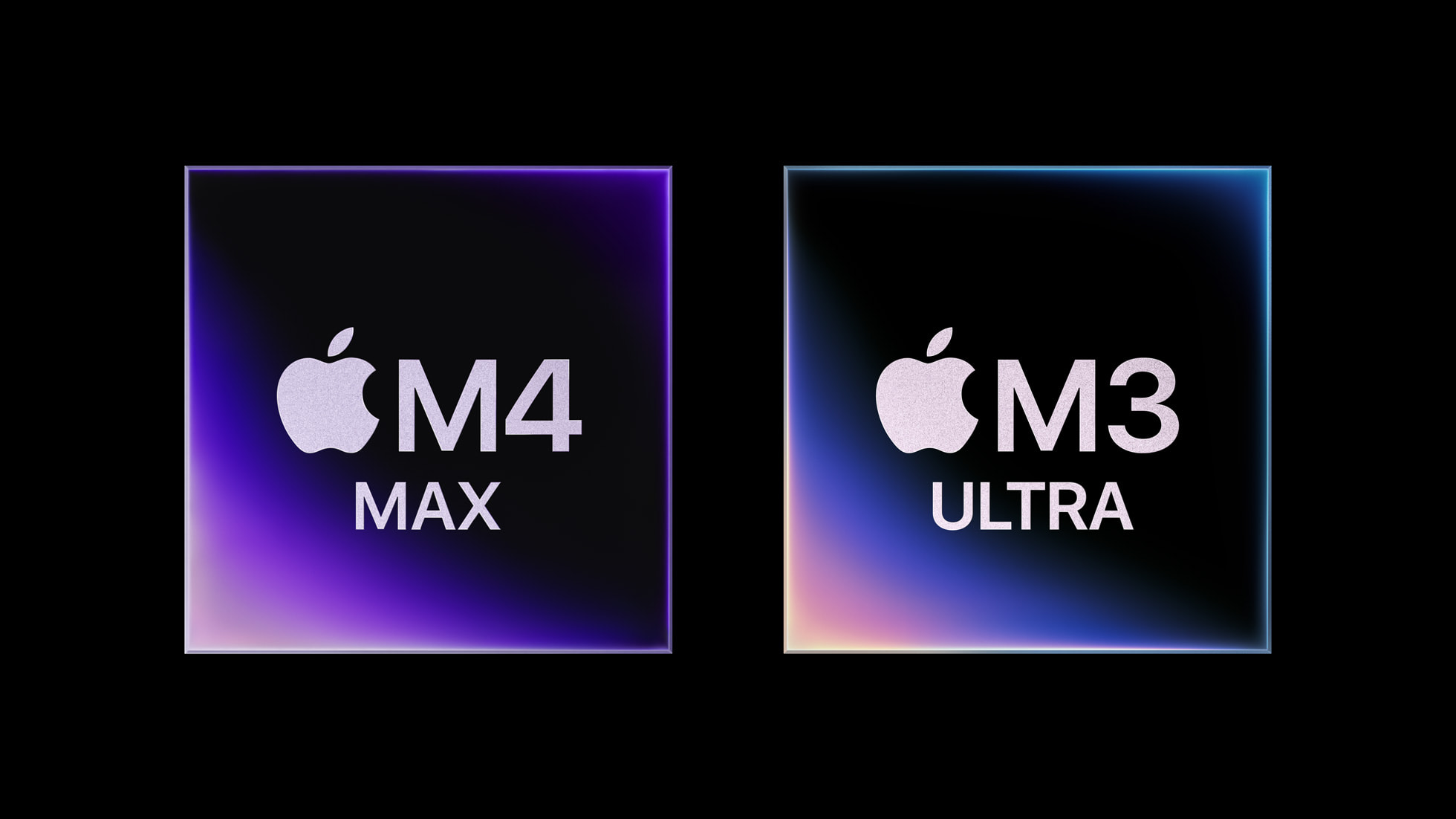
The first alleged benchmark result for Apple's new M3 Ultra chip has surfaced in the Geekbench 6 database tonight, allowing for more performance comparisons. The high-end chip is available in the new Mac Studio, introduced earlier this week.

Apple said the M3 Ultra chip is the "highest-performing chip it has ever created," and the unverified benchmark result seems to confirm that. In the single result, the 32-core M3 Ultra chip achieved a multi-core CPU score of 27,749, which makes it around 8% faster than the 16-core M4 Max chip that previously held the performance record. The result also reveals that the M3 Ultra chip is up to 30% faster than the 24-core M2 Ultra chip.
As expected, the M4 Max chip tops the M3 Ultra chip in terms of single-core CPU performance by nearly 20%, according to the result. This is due in part to the M4 Max chip being manufactured with TSMC's second-generation 3nm process, whereas the M3 Ultra is likely based on TSMC's first-generation 3nm process.
We now await additional M3 Ultra benchmark results to see if these scores are accurate, as they seem to be on the lower side compared to what was expected. For example, Apple advertised the M3 Ultra chip as being up to 1.5x faster than the M2 Ultra chip, so that 30% increase mentioned above should seemingly be closer to the 50% mark. Apple never said how the M3 Ultra chip's performance compares to the M4 Max chip, though.
As always, real-world performance may vary somewhat, but synthetic benchmark tools like Geekbench 6 provide a useful baseline for comparisons.
Watch this space, as we would not be surprised if additional Geekbench 6 results for the M3 Ultra chip end up having higher performance scores.
The benchmark was spotted by @jimmyjames_tech and shared by Vadim Yuryev.
Update: Three more M3 Ultra results have surfaced in the Geekbench 6 database, and the average multi-core CPU score has increased to 28,160. This means the M3 Ultra chip is around 10% faster than the M4 Max chip, up from the original 8% figure. Overall, it looks like the M3 Ultra chip is indeed not much faster than the M4 Max.
Article Link: M3 Ultra Chip is Only 10% Faster Than M4 Max in Benchmark Results
Last edited:

